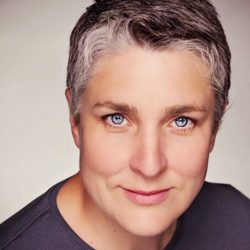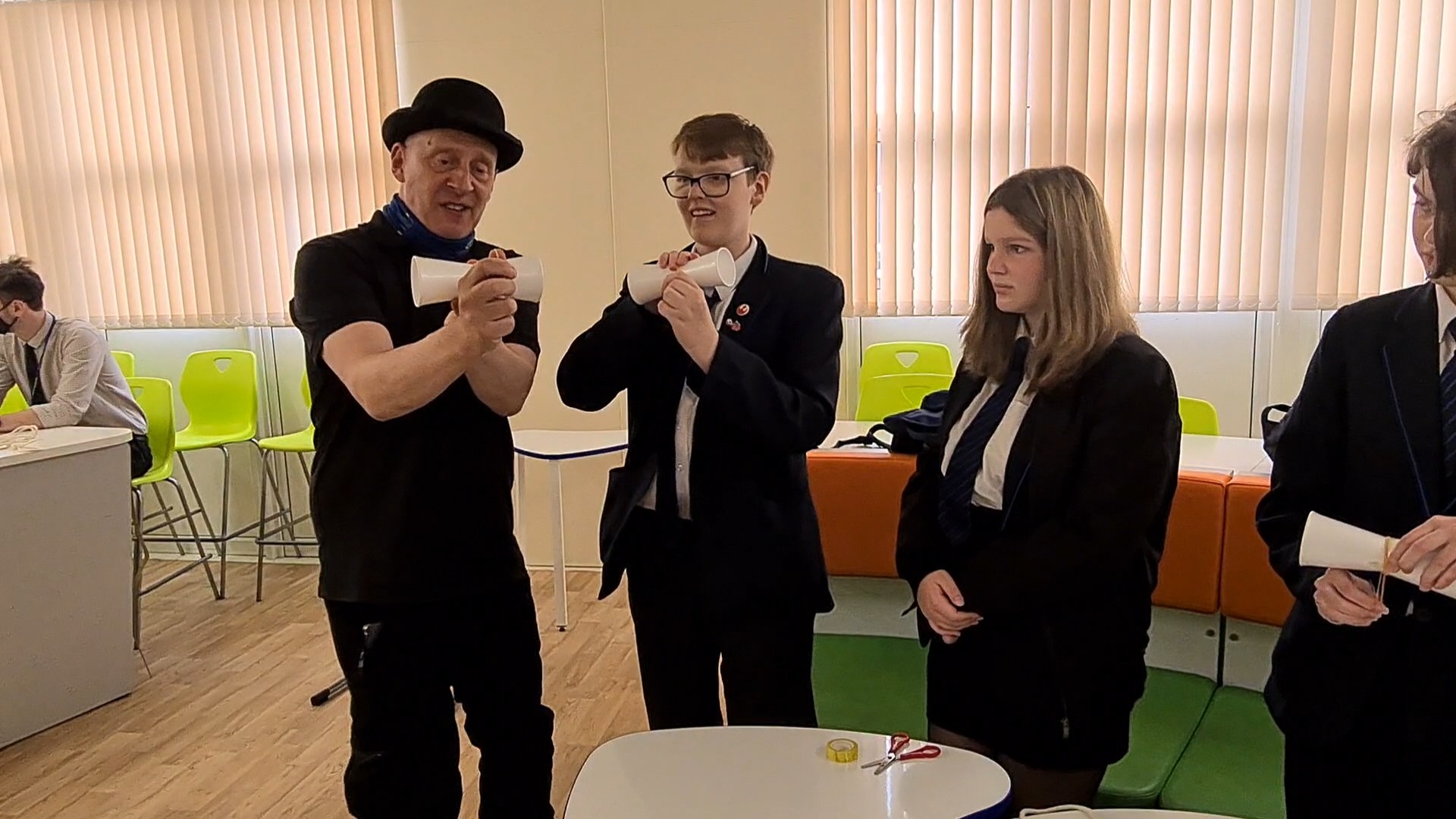One of the key principles of the Our Space Our Future project is to ensure that students are given an opportunity to interact with space topics, and to celebrate their achievements with their wider school communities. By this we mean their families, their peers, and any member of a community with an interest and influence in raising the aspirations of young people, no matter how small.
The reason for this is straightforward – all the people in our lives influence how we make decisions and help us gain confidence in our own abilities. Through our Space Our Future we want to make sure we include family members as key influencers in the decisions young people make. So that all means making sure Our Space Our Future activities involve parents and carers, siblings and friends as influencers.
Of course, bringing together these important influencers in young people’s lives is not so easy in a Covid world, where we are all striving to maintain social distance. Partners on the project have had a really long, hard think on how this could still be achieved.
Science Made Simple is working in Wales, where – at the start of the school term and easing of restrictions – teachers were pleased to be planning live community interactions again. Sadly, within only two or three weeks, regulations changed again, restricting any large community gatherings, like open days.
Schools embracing innovation
Ysgol Clywedog, was creative in its approach to delivering its annual open evening for parents and children, preparing to choose the right ‘big school’ for them. The switch to an online open evening was made, and Science Made Simple supported the science department’s contribution by working with a small group of students live in class, to develop science presentation skills and presented a video that was shown to prospective new students and their families.
15 Our Space Our Future students worked with expert science busker David Price to learn a little about flight, insulation and topology. They then used their engineering and technology skills to make devices, solving problems as they went along. All alongside this, David was encouraging the young people to practice communication, collaboration, and presentation skills, which they used to support each other’s’ learning in the classroom. Through this, they were able to develop their confidence and share their knowledge of their school to the online visitors, through a video we helped them produce.
Students embracing ideation
The activities we brought to the classroom allowed for some freedom that is perhaps not usually found in the school environment. Students were allowed to experiment freely with little constraint on how their experiments should be structured and carried out. These opportunities to play and discuss their opinions openly revealed their thoughts about the activities and their attitudes to learning:
Two female students talked openly in the session about their feelings about school science:
“I find it really cool how you can just do one thing to another and it just seems cool, and how it can describe stuff; how we can break it down pretty easily. I like how you can do experiments and work in groups.”
Embracing opportunities to experiment through the project
Science Made Simple’s work in the UK and internationally aims to help people of all ages see science as part of popular culture and to inspire the next generation of scientists and engineers. With a strong focus on career aspiration and knowledge for all, their work matches the aims of Our Space Our Future, and the project is allowing the Science Made Simple team to experiment with innovative approaches to further these aims.
While the Covid pandemic has placed new barriers in the way of this, it has accelerated aspects of innovation and opened up opportunities both for the science communicators and the schools to take the plunge and experiment with new methods.
Written by Rachel Mason- Science Made Simple


